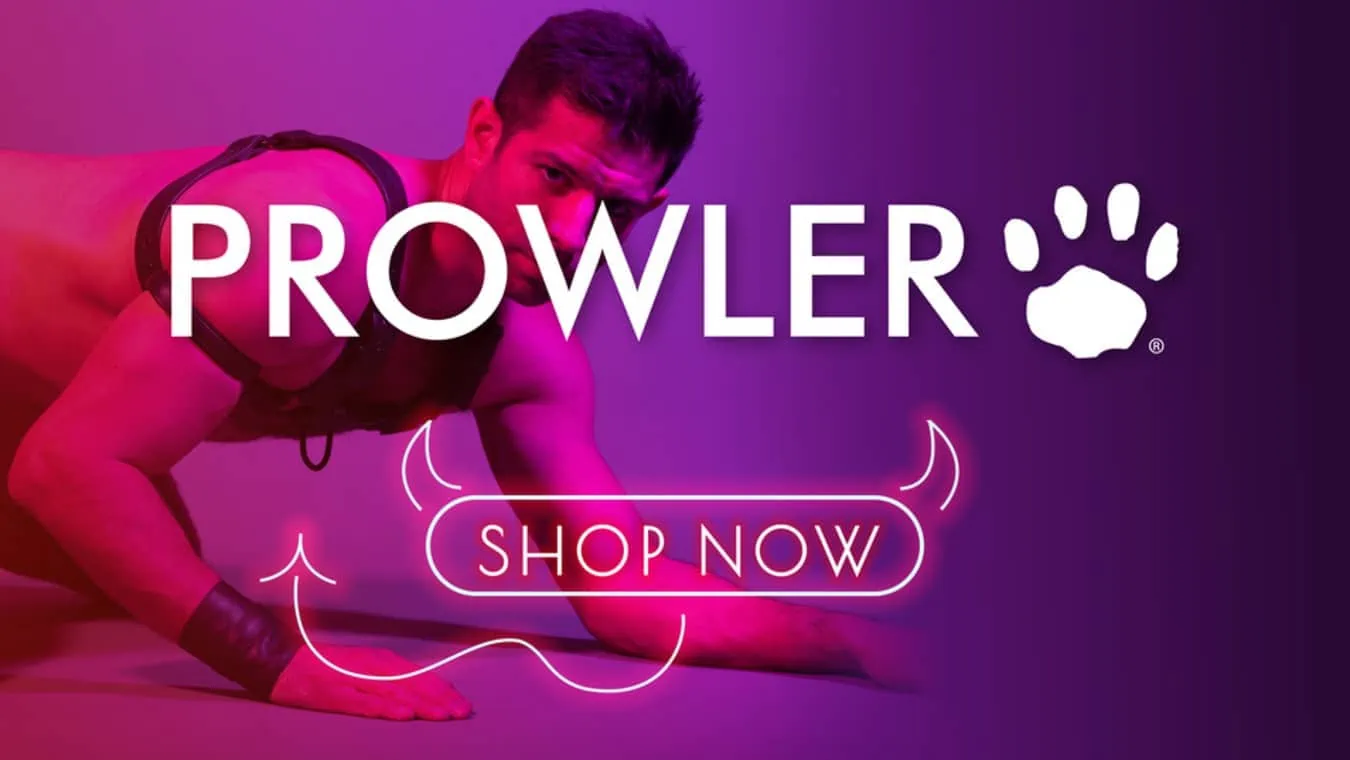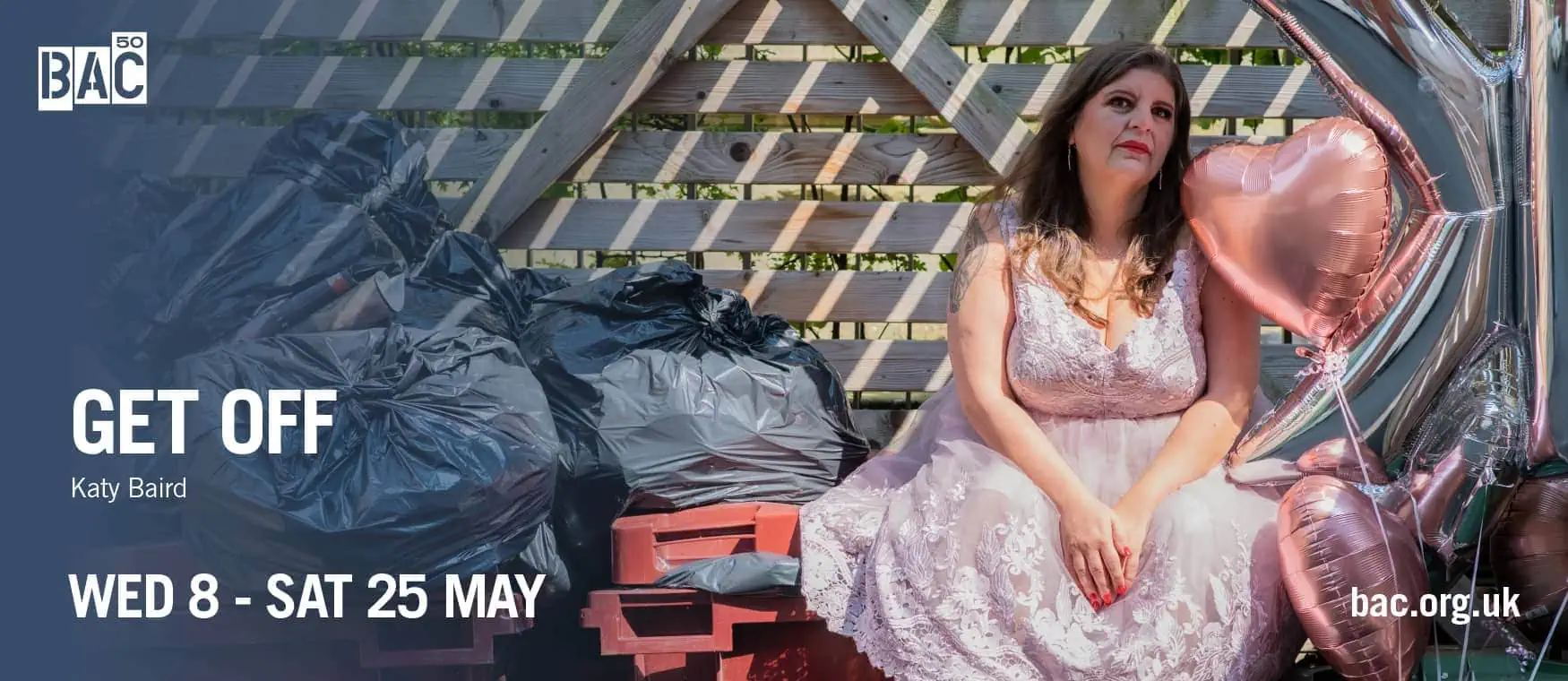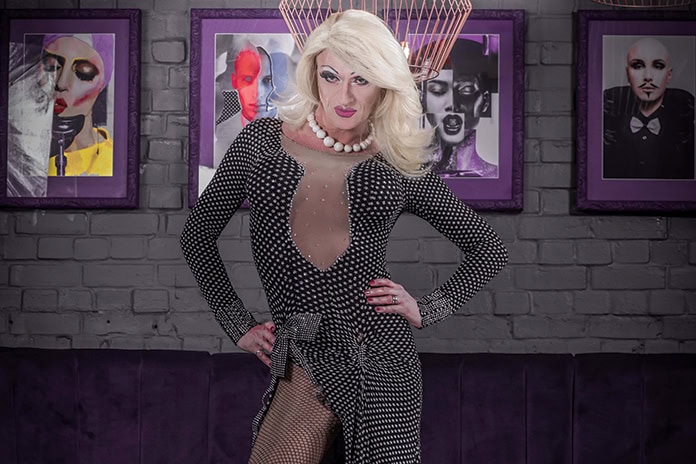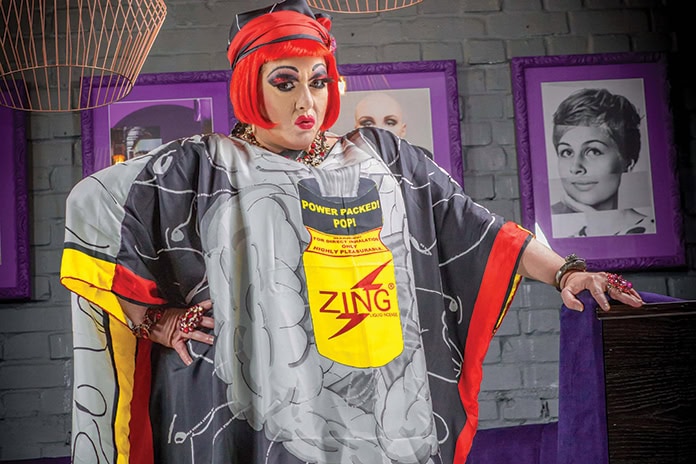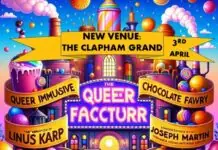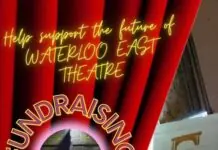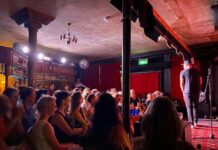We meet four queens who have had more gigs than you’ve had hot dinners!
They are the drag queens who have paved the way for so many. These change-makers, activists and expert performers faced adversity throughout their career and are still standing tall and proud. This week, four queens from four different ages of drag talk to Jason Reid about what made them the artists they are today and how drag has changed…
Dave Lynn
In 1976 when I started performing, the gay scene was mostly underground. It was an exciting time, going to these hidden-away places to watch acts perform. Because of this we were introduced to people and clubs, if trusted, and that felt very special; whereas now people instantaneously find out about them from magazines and the internet. From performing in straight clubs in East London, sometimes five clubs a night, I then went on to win a talent contest at The Black Cap. But that didn’t launch my career; I still had to work very hard.
Some of the live acts like Marc Flemming and Mrs. Shuttflewick were old-fashioned but brilliant. Hinge and Bracket were also becoming famous at that time. Mime acts included The Harlequins and The Disappointer Sisters and they were very popular. I was the baby of the group and was well looked after. Of course there was some bitchinesses. I remember this one queen who tried to stop me getting work by spreading a rumour that I’d stolen her boyfriend; I hadn’t. However, on the whole there was a wonderful sense of camaraderie amongst queens.
When the AIDS crisis hit it was necessary for us as drag acts to be prominent, to be vocal and to support; we felt we had a responsibility to the community. Audience members looked up to us. We watched our friends die. It was bloody hard. But we did it.
Drag is much more of a business now and that’s a good thing. The talent is phenomenal.
I didn’t choose this career, it chose me and I’m extremely grateful and happy with my life. I wouldn’t have had nearly as many adventures if I hadn’t pursued a career in drag. If it’s your passion; keep fighting, keep working hard, and be nice to people. I was always told: “If you were naff on the way up, you’d get kicked on the way down”.
And I certainly don’t plan on retiring anytime soon…
Rose Garden
I started drag late, aged 32. Back then I was a mime act – some say I still should be [laughs]. It was a really varied scene with live singers, comics and lots of comedy mime acts. Audiences tended to listen more then and the hecklers were A LOT funnier.
Initially I was just doing drag as a hobby with my friend Jessie P. Biscuit. A few shows here and there for Jo Purvis at the tea dance and country nights. Then I decided to take the plunge and do it full time. I went to Portugal for a summer season, doing everything from kids karaoke to adult shows. This made me love performing even more.
When I returned to London I was asked by Steve at The Stag – a popular gay venue in Victoria at the time – to cover a Sunday as an act walked off the night before. That was the start of my career and my first residency. On the Monday I went to see Sandra and she offered me a guest spot with her and I’ve not looked back since. So yeah, you can blame Sandra…
Audiences have changed over the years; now they have a shorter attention span but that keeps you on your toes. I stand for no shit and will call anyone out if they are being disrespectful or walk across the stage.
You are only as good as your audience. Thankfully I’ve had the most amazing audiences and they have given me a wonderful career and the most amazing opportunities. I look forward to many more.
Holestar
I started performing as a tit-in-a-wig whilst living in Vienna in 2003. Inspired by the Blake Edwards film Victor/Victoria and seeing too many queens be vile about women (you might not want to have sex with a vagina, darling, but you did come from one) I really wanted to reclaim over-the-top camp to the female body.
I’ve fought many a battle over the years proving that I’m as fierce as any male-bodied queen. As I always maintain; drag is about the final result: the show, are you being entertained? What’s going on in my pants is none of your business.
Luckily I’ve worked with people who’ve taken risks, believed in me and booked me. I’ve won awards, released my own music, co-founded a drag documentary called Dressed As A Girl, performed at numerous festivals and worked all over the world from Los Angeles to Cambodia.
Of course there’s still a lot of misogyny around but it’s still fabulous titting about, entertaining and confusing people.
Son Of a Tutu
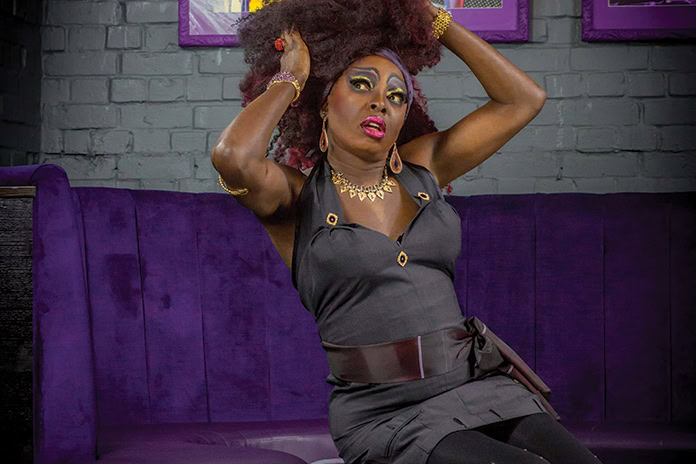
I joined the scene in 2011 in the midst of the best and worst of a limping traditional pub drag scene where sequinned frocks adorned bulging aspects with faces painted to terrify and hilarify. The best could hold an audience for an eternity with one funny yarn after another interspersed with big ballsy show-tunes. Racism and misogyny were still rife – to the delight of the predominantly white male audience. It was a struggling scene with job security and closing venues being a huge concern for long-standing acts, some of whom bristled at the emergence of new talent.
As a Drag Idol winner my first outing on a drag stage was in the competition and so I had no professional experience and very questionable skills. This, and the fact that the scene back then only had room for one token black queen resulted in endless comparisons with the long-established one, Sandra. Throw in the fact a few mentors strongly advised I “use my ethnicity for laughs” I found myself making some presentation choices I would come to regret: the ‘Nigerian credit-card-stealing illegal immigrant’ was born and whilst some of my output was exactly what I wanted it to be – thought-provoking broadsides against racism, sexism and homophobia – much was shameless pandering to simmering white bewilderment at ethnicity and diversity. I had unwittingly become part of the problem I was railing against and I was deeply unhappy about it.
The burgeoning black middle class gave birth to ‘millennials of colour’ who stand shoulder to shoulder with their white counterparts in fighting race and gender micro-aggressions, ignored identities and unwarranted privilege and entitlement. Add to this ‘trickle-down-dragonomics’ emanating from the seminal but flawed RuPaul’s Drag Race and you now have a complete transformation of the industry: promoters like the Cocoa Butter Club where the narrative is dictated by people of colour and not by caucasian notions of us. The pressures to improve in order to differentiate are stronger than ever yet the world of opportunity is now vast which means that concessions and compromises one would’ve made in the past in order to placate a handful of powerful queen-makers are no longer necessary. You learn your craft and hustle honestly. It’s a great thrill that I’m glad to be developing and thriving in. Viva la drag!


